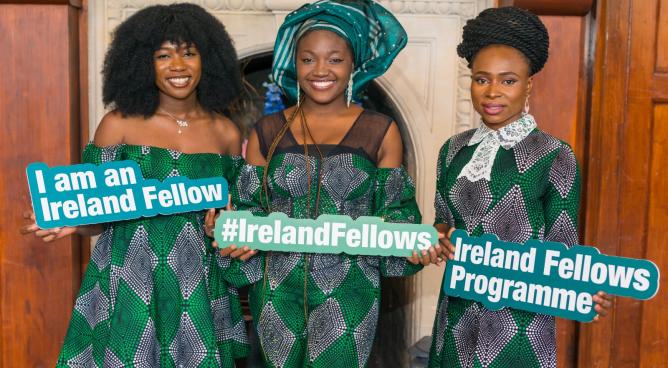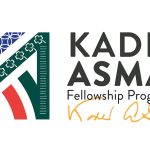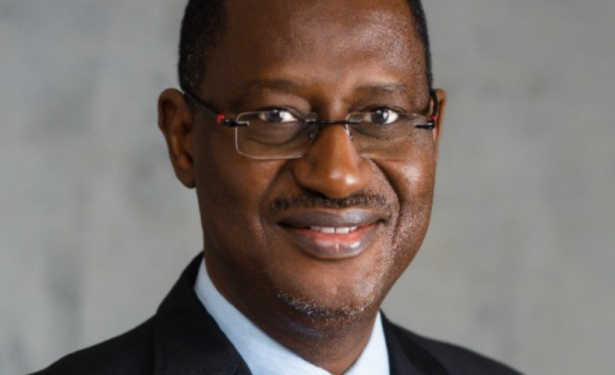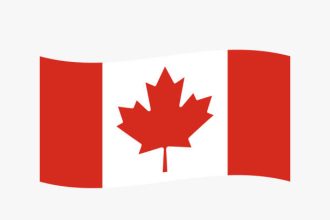The Ireland Fellows Programme enables early to mid-career professionals from eligible countries, with leadership potential, to benefit from a prestigious, world-class, quality education contributing to capacity building. It offers selected students the opportunity to undertake a fully funded one-year master’s level programme at a higher education institution (HEI) in Ireland. The award covers programme fees, flights, accommodation and living costs. Eligible master’s level programmes in Ireland commence in August or September each year and, depending on the programme, will run for between 10 and 16 months.
The aims of the Programme are to nurture future leaders; to develop in-country capacity to achieve national SDG goals; and to build positive relationships with Ireland.
Eligible Countries:
Angola, Burundi, Democratic Republic of the Congo, Djibouti, Eritrea, Eswatini, Ethiopia, Ghana, Kenya, Lesotho, Liberia, Malawi, Mozambique, Nigeria, Rwanda, Senegal, Sierra Leone, Somalia, South Sudan, Sudan, Tanzania, Uganda, Zambia, Zimbabwe.
Eligible Courses:
Eligible courses are in areas such as agriculture, health, education, human rights, computer science, engineering, business and more, and are listed in a Directory of Eligible Programmes.
Eligibility
To be eligible for an Ireland Fellows Programme – Africa award commencing at the beginning of the academic year 2026, applicants must:
- Be a resident national of one of the countries listed below:
Angola, Burundi, Democratic Republic of the Congo, Djibouti, Eritrea, Eswatini, Ethiopia, Ghana, Kenya, Lesotho, Liberia, Malawi, Mozambique, Nigeria, Rwanda, Senegal, Sierra Leone, Somalia, South Sudan, Sudan, Tanzania, Uganda, Zambia and Zimbabwe.
- For Burundi, please see both this document and the Courtney Fellowship page.
- For Nigeria, please see both this document and the Roger Casement Fellowship page.
- For Namibia, please see the Seán Mac Bride Fellowship page.
- For South Africa, please see the Kader Asmal Fellowship page.
- For Zambia, please see both this document and the Frank Ferguson Fellowship page.
- For African SIDS (Cabo Verde, Comoros, Guinea-Bissau, Mauritius, Seychelles, Sao Tomé and Príncipe), please see the Ireland-SIDS Fellows page.
- Have a minimum of two or three years’ substantial work experience that is directly relevant to your proposed programme(s) of study, depending on the country (see Page 8 for details).
- Hold a bachelor’s level academic qualification from an accredited and government-recognised higher education institution, with a minimum grade point average of 3.0 (4.0 scale) – i.e. a first class honour, or second class honour, Grade 1 (a second class honour Grade 2 may be accepted if the applicant has substantial directly relevant work experience). It must have been awarded in 2014 or later (i.e. within the last 12 years).
- Not already hold a qualification at master’s level or higher. Not currently undertaking a programme at master’s level or higher, or be due to start a programme at master’s level or higher in the academic year 2025/26. Candidates from Senegal must hold a minimum of a Senegalese Masters 2 with 2-3 years relevant work experience. A Senegalese Masters 1 with significant relevant work experience may be considered.
- Be applying to commence a new programme at master’s level in Ireland no sooner than August 2026.
- Be able to demonstrate the following: leadership abilities and aspirations; a commitment to the achievement of the SDGs within your own country; and a commitment to contribute to building positive relationships with Ireland.
- Have identified and selected three programmes relevant to your academic and professional background from the Directory of Eligible Programmes.
- Have a clear understanding of the academic and English language proficiencies required for all programmes chosen.
- Must not have applied to the Ireland Fellows Programme on more than one previous occasion.
- Be in a position to take up the Fellowship in the academic year 2026/2027.
- In addition, applications are by invitation only in the following countries: Burundi, Democratic Republic of the Congo, Eswatini, Eritrea, Kenya, Liberia, Malawi, Rwanda, Sierra Leone, Somalia, Sudan, Uganda, Zambia. This means that fellowships in these countries are restricted to the staff of government departments and NGOs which work in partnership with Irish Aid, and to personnel of organisations that are aligned with Irish Aid’s development strategy in their country which have already been identified by the Embassy of Ireland. Applications from outside these partnerships will not be eligible. To find out if you are eligible to apply, please contact the relevant Embassy of Ireland or your employer.
The Fellowship covers the recipient only. Financial support or visas for spouses or dependents are not included within the scope of the programme.
Benefits
- Ireland Fellows Programme awards are fully funded. The award includes the payment of academic
- fees; visa application fees; medical and travel insurance; economy flights to and from Ireland; and
- the Irish residence permit fee. Allowances include the following:
- A settling-in allowance towards items needed on arrival in Ireland;
- A completion and departure allowance at the end of the study period;
- A monthly living stipend of €700 (subject to review);
- Student accommodation arranged and paid for trimesters 1 and 2 (normally
- September to May), and in trimester 3 a monthly accommodation stipend of €800-
- €1000 depending on location in Ireland (subject to review).
Application Process:
The application process consists of three stages:
- Stage 1 Preliminary Application;
- Stage 2 Detailed Application;
- Stage 3 Interviews.
All applicants who are selected to progress after the second stage will be required to sit an online Duolingo English Test. If shortlisted after the interview stage, all applicants will be required to take another English language test, normally the IELTS exam, unless they are already in possession of an IELTS certificate that is dated 2023 or later which shows the applicant has achieved the necessary score for the course(s) they intend to apply to. Early preparation for the IELTS exam is strongly advised, even for native English speakers.








